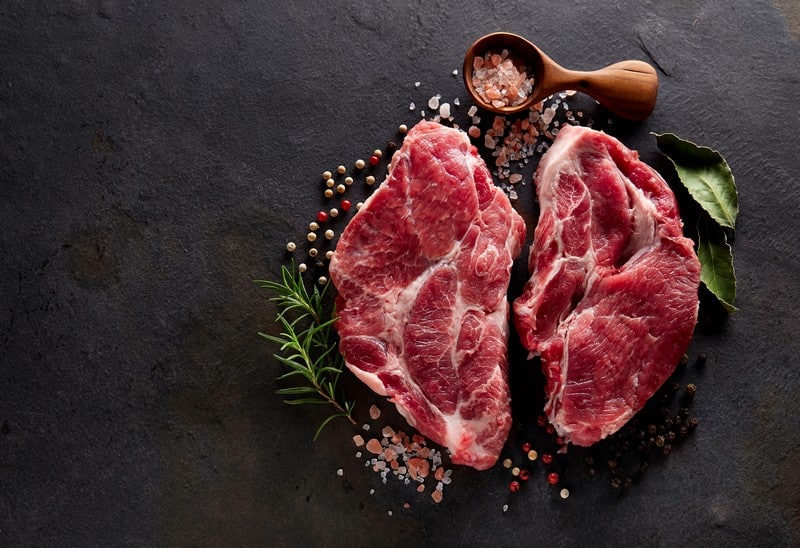Red Meat

Red meat is high in saturated fat, which can increase the levels of low-density lipoprotein (LDL) cholesterol or bad cholesterol. In addition, red meat contains heme iron, which is absorbed more readily than other types of iron. This can lead to increased iron levels in the body, and too much iron can be toxic to the liver. Studies have shown that people who consume large amounts of heme iron are at an increased risk of developing liver disease.
Another reason why red meat may be detrimental to liver health is that it often contains high levels of advanced glycation end products (AGEs). AGEs are compounds formed when meat is cooked at high temperatures, such as grilled, barbecued, or pan-fried. These compounds can cause inflammation and oxidative stress, damaging liver cells.
Red meat is often contaminated with toxins that can damage the liver. For example, certain types of bacteria commonly found in animal products can produce toxins that damage liver cells. Some industrial chemicals used in livestock production, such as hormones and antibiotics, can also compromise liver health.










